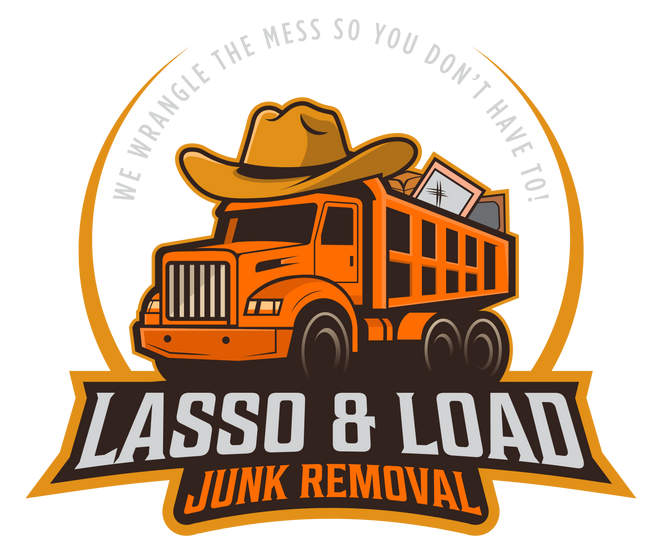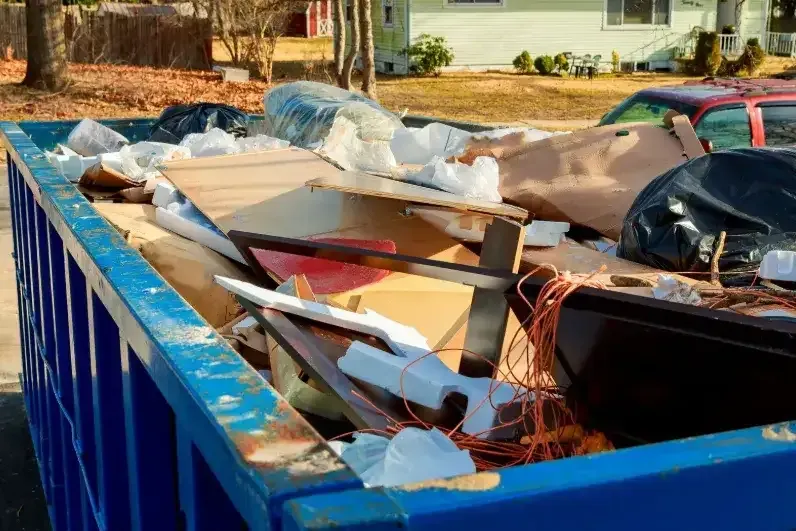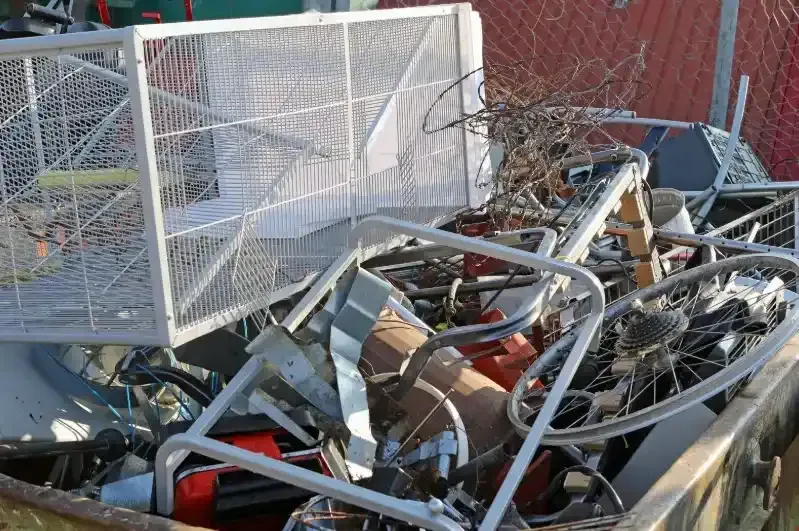The Essential Guide to E-Waste Disposal for Businesses
In today’s digital age, businesses rely heavily on electronic devices and equipment to streamline operations, enhance productivity, and maintain effective communication with clients and employees. From computers and printers to smartphones and servers, technology is an integral part of day-to-day business activities. However, as technology continues to evolve at a rapid pace, businesses often face the challenge of managing electronic waste, or e-waste. The constant upgrading of devices and the eventual disposal of outdated electronics can lead to significant environmental and security risks if not handled properly.
Improper disposal of e-waste can lead to hazardous materials leaching into the environment, causing pollution and damage to ecosystems. Moreover, old devices may contain sensitive data, creating potential security threats if not securely erased. As businesses continue to grow and adopt new technology, it is crucial to understand the importance of responsible e-waste disposal. This guide explores the essential steps businesses should take to comply with legal requirements, reduce environmental impact, and protect sensitive data.
Understanding E-Waste: The Growing Concern
E-waste refers to discarded electronic devices such as computers, monitors, phones, printers, and other gadgets that have reached the end of their useful life. With businesses constantly upgrading their technology to keep up with new advancements, e-waste has become one of the fastest-growing waste streams worldwide. According to a report by the United Nations, millions of tons of e-waste are generated each year, with only a fraction of it being recycled properly. This creates a significant environmental challenge, as electronic devices contain toxic materials like lead, mercury, and cadmium, which can leach into the soil and water, causing long-term damage to ecosystems.
Moreover, improper disposal of e-waste can expose sensitive data stored on old devices, leading to potential security breaches and identity theft. For businesses, this can have devastating consequences, including reputational damage, legal liabilities, and financial losses. As a result, businesses must take the necessary steps to ensure that e-waste is disposed of properly, minimizing environmental harm and safeguarding sensitive information.

Why Responsible E-Waste Disposal Matters
There are several key reasons why businesses should prioritize responsible e-waste disposal. These include environmental protection, data security, and legal compliance.
- Environmental Protection: Electronic devices contain a wide range of materials that are harmful to the environment when not disposed of correctly. For example, the plastic casing of electronics takes hundreds of years to decompose, while the metals used in electronic components can cause soil and water contamination if left untreated. By disposing of e-waste responsibly, businesses can help reduce the environmental impact and conserve valuable resources through recycling efforts.
- Data Security: Old computers, servers, and phones may contain sensitive business data, including customer information, financial records, and intellectual property. If these devices are not properly wiped clean before disposal, they can pose a significant security risk. Hackers can easily retrieve data from improperly disposed electronics, leading to data breaches and the loss of confidential information.
- Legal Compliance: Many countries and regions have enacted laws and regulations to govern the disposal of e-waste. For instance, the European Union has the Waste Electrical and Electronic Equipment (WEEE) Directive, which requires businesses to recycle electronics in an environmentally responsible way. In the United States, the Environmental Protection Agency (EPA) has guidelines for e-waste disposal, and various states have passed their own laws to prevent improper disposal of e-waste. Failing to comply with these regulations can result in fines, penalties, and reputational damage.
Steps to Ensure Proper E-Waste Disposal
To help businesses manage their e-waste responsibly, it’s essential to follow a structured approach that covers all aspects of disposal, from data security to environmental sustainability. Below are the key steps businesses should take to ensure proper e-waste disposal.
Audit Your E-Waste
Before disposing of any electronic devices, businesses should conduct an audit of their e-waste inventory. This involves identifying all outdated or broken electronic equipment that needs to be disposed of. This process can help businesses track their assets and ensure that no items are overlooked. During the audit, companies should also assess the condition of the devices to determine whether they can be reused, refurbished, or recycled.
Securely Erase Data
One of the most critical steps in e-waste disposal is ensuring that all sensitive data is securely erased from devices before disposal. Merely deleting files or formatting the device is not enough to ensure data security, as hackers can still recover deleted information. To securely erase data, businesses should use specialized software or services that comply with data-wiping standards, such as the Department of Defense (DoD) 5220.22-M standard or the National Institute of Standards and Technology (NIST) Special Publication 800-88 guidelines.
Find a Certified E-Waste Recycler
Once the data has been securely erased, businesses should partner with a certified e-waste recycler to ensure that the devices are disposed of in an environmentally responsible manner. Look for a recycler that is certified by organizations such as the Responsible Recycling (R2) Standard or the e-Stewards certification program. These certifications ensure that the recycler follows strict guidelines for handling, recycling, and disposing of e-waste in a way that minimizes environmental harm and protects data security.
Donate or Resell Usable Devices
If certain devices are still in good working condition, businesses can explore options for donating or reselling them. Many organizations accept donations of old electronics, especially charities or schools that may benefit from the devices. Donating electronics not only helps reduce waste but also supports communities in need. Alternatively, businesses can resell refurbished equipment to recover some of the costs of their upgrades.
Implement a Take-Back Program
For businesses that regularly upgrade their electronic equipment, implementing a take-back program can help streamline the e-waste disposal process. A take-back program involves partnering with manufacturers or retailers that offer to collect old equipment when new products are purchased. This not only ensures that e-waste is properly recycled but also provides businesses with a convenient and cost-effective disposal option.
Managing E-Waste: Corporate Social Responsibility (CSR)
Corporate social responsibility (CSR) is a growing trend among businesses, and e-waste management is becoming a significant part of CSR initiatives. Many companies are choosing to include e-waste recycling as part of their CSR strategy because it aligns with broader goals of reducing environmental impact and promoting ethical business practices.
By incorporating e-waste disposal into CSR efforts, businesses demonstrate their commitment to both the environment and their stakeholders. This can foster positive relationships with customers, improve employee morale, and enhance a company’s public image. Furthermore, an effective e-waste recycling program can contribute to a company’s sustainability reporting and help meet certain industry standards and certifications. It’s no longer just a matter of compliance – it's an opportunity for businesses to show they care about the world around them.
How E-Waste Affects Your Brand
In today’s digital world, consumers are increasingly aware of the environmental impact of the products and services they choose. More than ever, they are making purchasing decisions based on a company’s commitment to sustainability and social responsibility. A business that takes proactive steps to manage its e-waste properly is perceived as responsible and environmentally conscious. This not only helps protect the planet but also positions the company as a leader in corporate social responsibility. On the other hand, businesses that ignore e-waste recycling may face criticism from consumers, environmental groups, and advocacy organizations. This can lead to reputational damage, loss of customer trust, and even boycotts.
Proper e-waste management not only helps a company comply with local regulations but also sends a powerful message about the business’s commitment to sustainability. By demonstrating that the company actively works to reduce its environmental impact, it builds goodwill among customers, clients, and the broader community. This can lead to greater brand loyalty, attracting environmentally-conscious consumers who are increasingly prioritizing sustainability in their purchasing decisions.
The Long-Term Benefits of E-Waste Recycling
The benefits of responsible e-waste disposal extend far beyond immediate environmental and security concerns. When businesses choose to recycle their electronics, they contribute to the long-term health of the planet, as well as their own bottom line. Recycling reduces the need for new raw materials, thereby conserving natural resources and reducing the energy required to produce new devices. Additionally, businesses that recycle and repurpose electronics may be able to offset some of the costs of purchasing new equipment.
In addition to the environmental and economic benefits, e-waste recycling can also lead to operational efficiencies. Devices that are no longer in use can be refurbished, giving businesses access to functional equipment at a fraction of the cost of buying new. This can be a particularly valuable option for small businesses or organizations with limited budgets.
Conclusion
E-waste disposal is a critical responsibility for businesses aiming to safeguard the environment, protect sensitive data, and comply with legal regulations. With the increasing volume of electronic waste generated as technology advances, it is more important than ever to ensure that e-waste is disposed of in an environmentally responsible and secure manner. By following the steps outlined in this guide, businesses can protect their data, minimize their environmental footprint, and meet compliance requirements. Partnering with certified recyclers, securely erasing data, and donating or reselling usable devices are integral components of a comprehensive e-waste disposal strategy.
As technology continues to evolve, the demand for responsible e-waste management will only increase. By adopting best practices today, businesses not only contribute to a more sustainable future but also protect their data and enhance their reputation. For businesses looking for a reliable, cost-effective, and environmentally friendly e-waste disposal solution, Lasso & Load Junk Removal is here to support your efforts. To schedule your e-waste pickup or learn more about our services, contact Lasso & Load Junk Removal at 404-227-2017 or email Lauren.renwickk@gmail.com. Let’s work together to ensure your e-waste is disposed of in the most sustainable way possible.









